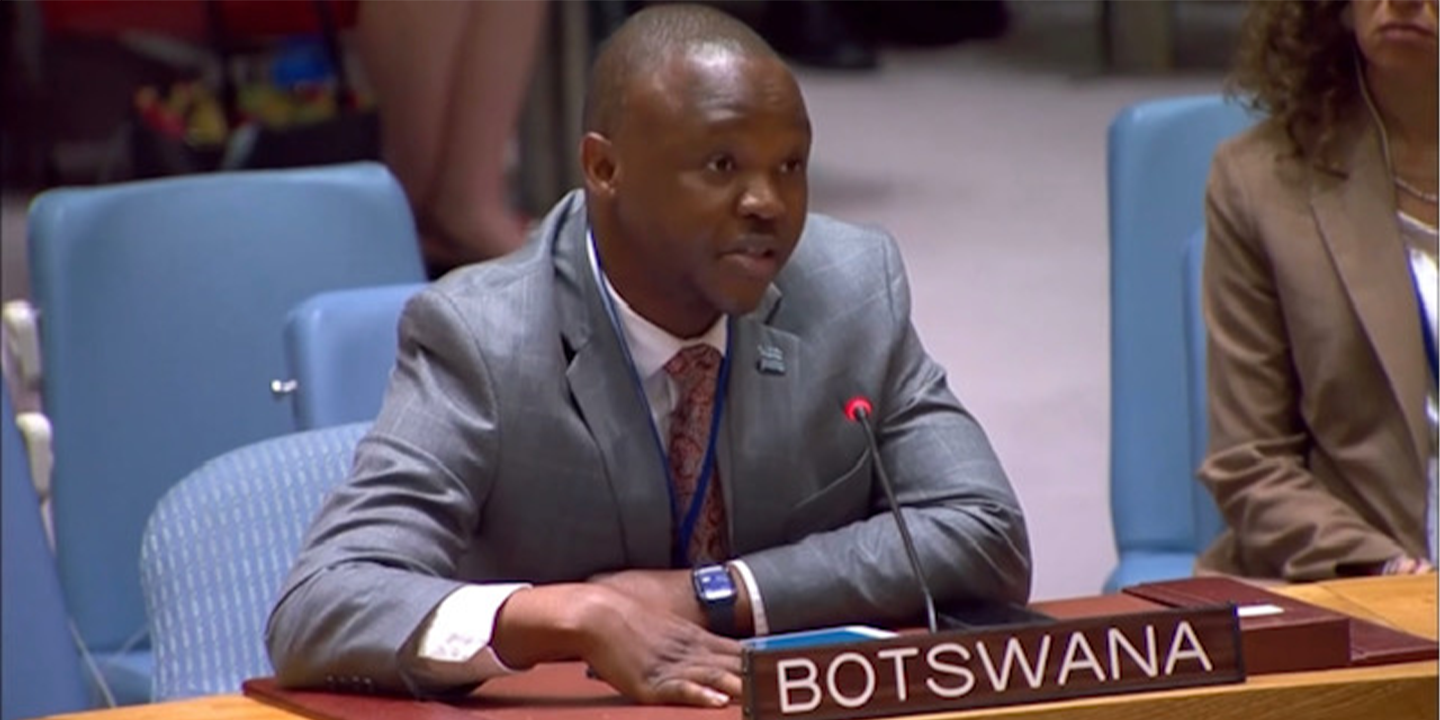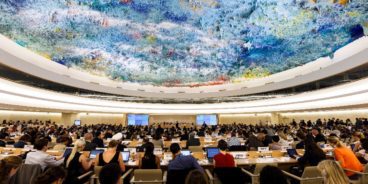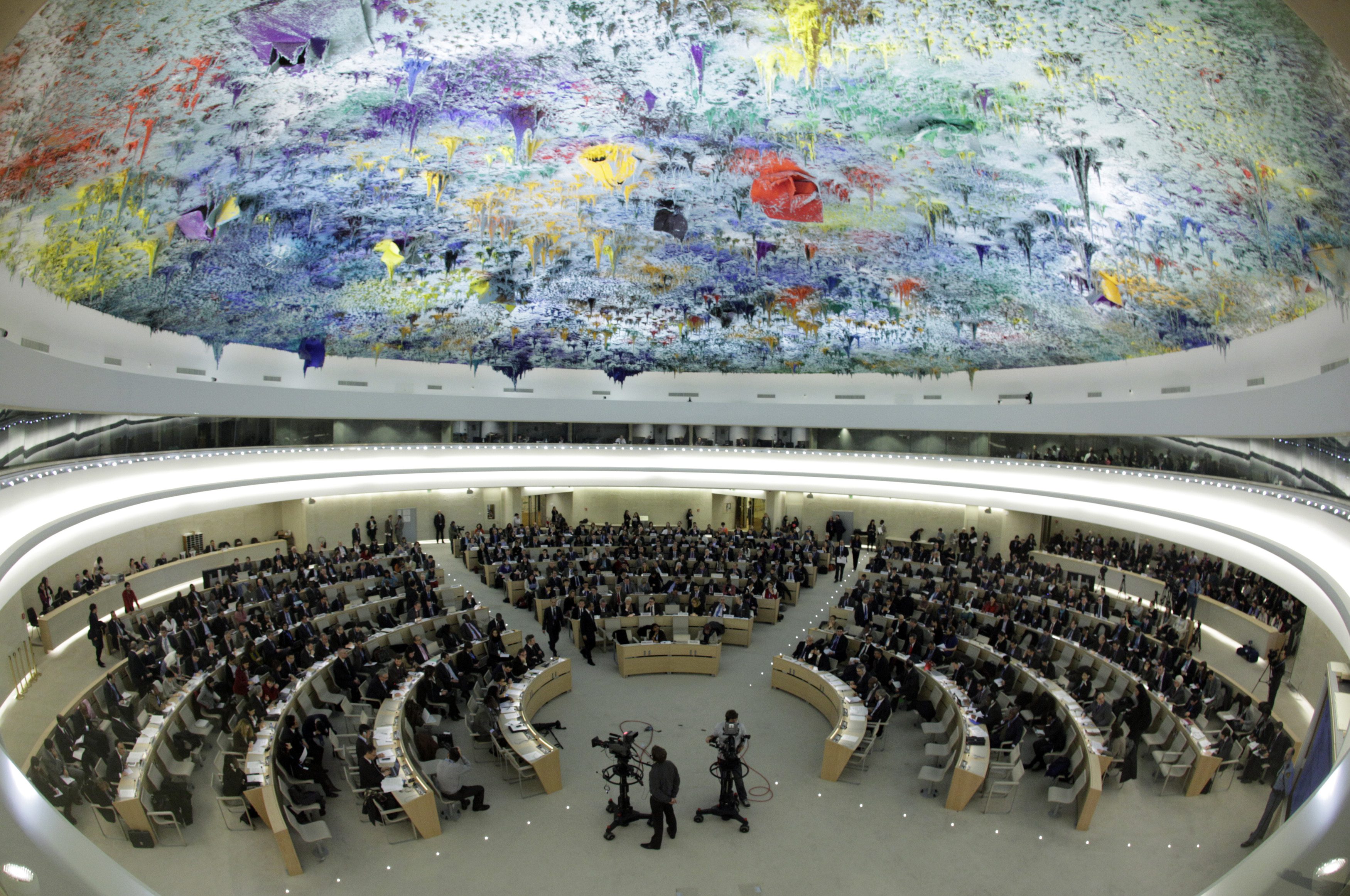
Statement delivered on behalf of the Group of Friends of R2P at the UN Security Council Open Debate on Conflict-related Sexual Violence, 2023
Mr/Mme President,
I have the honour of delivering this statement on behalf of the Group of Friends of the Responsibility to Protect, consisting of 55 Member States and the European Union, and this year co-chaired by Botswana, Costa Rica and Croatia.
The Group would like to thank the United Kingdom for organizing today’s important Open Debate and the briefers for their insightful remarks. This year marks the 15th anniversary of UN Security Council resolution 1820, which affirmed the connection between prevention and response to all forms of conflict-related sexual violence and international peace and security, demanded complete cessation of such acts, and stressed the importance of ending impunity for these acts. Despite the progress made since then to implement this important resolution, sexual violence remains pervasive in conflicts today, impacting thousands of persons every year, in particular women and children. The 2022 Secretary-General’s annual report identifies 17 countries in which CRSV is being perpetrated. We can only assume this is the tip of the iceberg as sexual violence remains severely underreported. It is urgent that we devise strategies to collectively address and prevent CRSV and uphold our own responsibility to protect, and we must reject the perception that sexual and gender-based violence is an inevitable product of war.
As the Secretary-General noted, sexual violence in conflict is a “historically hidden crime” that requires early warning and swift responses. Sexual violence, including rape, is not just a preventable product of war, but too often employed as a deliberate strategy by state and non-state actors to retaliate against, terrorize, intimidate, control and displace civilians, including entire communities. Such acts may amount to crimes against humanity, war crimes, or genocide. Further, sexual violence in conflict significantly exacerbates and prolongs situations of armed conflict, destroys the social fabric of communities and impedes peacebuilding and reconciliation efforts.
Mr/Mme President,
As it is the primary responsibility of member states to protect their populations against genocide, crimes against humanity, war crimes and ethnic cleansing, including where those atrocities involve rape and other forms of sexual violence, the Group of Friends of the Responsibility to Protect would like to stress the following points:
Firstly, strengthening the capacity of national institutions is critical to ensuring accountability, and to preventing and deterring such crimes in the future. The connection between conflict-related sexual violence and gender-based violence and discrimination against women and girls in times of peace is clear. The full, equal and meaningful participation of women in all spheres of public life is also key in this regard. It is of utmost importance that states put in place and enforce legislative and institutional processes to comprehensively address all forms of gender-based violence, including sexual violence, in peace time so as to deter its occurrence during times of conflict. Ensuring states are aware of their obligations and responsibilities to address conflict-related sexual violence under international law is essential if we are to end the implementation gap.
Secondly, where national institutions are not able or willing to take action against perpetrators of sexual violence, the international community should act to ensure accountability for such crimes.
For example, the UN Security Council has shown that it can use targeted sanctions against those who perpetrate and direct sexual violence in armed conflict and we encourage it to take further such action.
Thirdly, there is an urgent need for a survivor-centred, trauma-informed approaches to support the needs of victims and survivors of sexual and gender-based violence during and after situations of conflict, including the needs of children born from sexual violence in conflict. The international community should promote the provision and support of appropriate medical, mental health and psycho-social support services, as well as legal and socioeconomic reintegration assistance, survivor centred justice, and services to survivors, especially children and women, in order to prevent revictimization and restore the social fabric of societies after conflict.
Lastly, at the heart of sexual and gender-based violence lies a disregard for human rights, as well as the perpetuation of systematic gender inequality, asymmetric power structures and pervasive discrimination. Sexual violence in conflict must be addressed with the full, equal, meaningful and safe participation and leadership of women, including women’s rights and civil society organizations, in the establishment of prevention mechanisms and the inclusion of survivors and affected communities in identifying holistic solutions that address their needs and respect human rights. It is equally important to continue to engage men and community leaders to play a positive role in combatting sexual violence and addressing gender stereotypes and the exclusion of women and girls.
Thank you.

